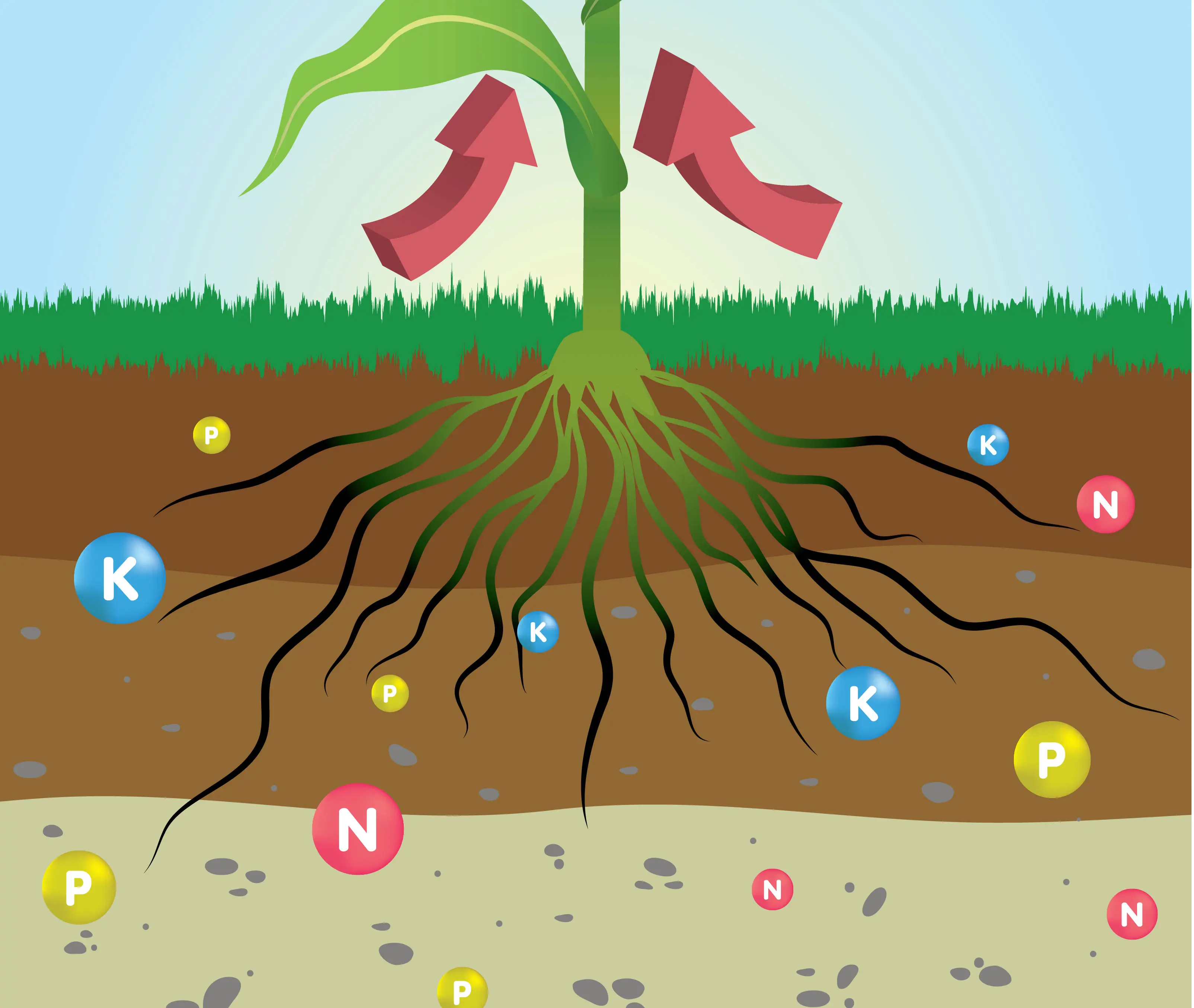Fertilizers play a crucial role in modern agriculture, providing essential nutrients to plants for their growth and development. Among the various types of fertilizers, NPK fertilizer stands out as a fundamental component. In this article, we will explore NPK fertilizer, its composition, importance in agriculture, and its role in promoting healthy plant growth.
We can produce you any fertilizers
that you need. Aside from NPK fertilizer, we also offer ammonium sulfate,
organic fertilizer, nitrogen fertilizer, humic acid fertilizer, and many more.
According to your needs, we can precisely deliver your NPK fertilizer.
Understanding NPK:
NPK fertilizer is named after its
three primary nutrient elements: nitrogen (N), phosphorus (P), and potassium
(K). These three nutrients are essential for plant growth, and NPK fertilizers
are formulated to provide them in varying proportions. The numbers on a
fertilizer bag, such as 10-10-10 or 5-10-5, represent the percentage of each
nutrient in the product, listed in the order of N, P, and K. Nitrogen supports
leafy green growth, phosphorus aids in root development and flowering, while
potassium enhances overall plant health and resistance to disease.
The Role of
Nitrogen:
Nitrogen is a primary component of
chlorophyll, the molecule that allows plants to photosynthesize and convert
sunlight into energy. As such, nitrogen is crucial for promoting healthy leafy
growth, ensuring that plants have the necessary structure to absorb sunlight
effectively. A lack of nitrogen can lead to stunted growth and pale, yellowish
leaves, a condition known as nitrogen deficiency. NPK fertilizers with higher
nitrogen content are ideal for promoting lush foliage in leafy vegetables and
grasses.
The Importance of
Phosphorus:
Phosphorus is vital for strong root
development and flowering in plants. It plays a critical role in energy
transfer and storage within the plant, enabling the conversion of sunlight into
the sugars and carbohydrates needed for growth. Inadequate phosphorus levels
can result in poor root systems, reduced flowering, and ultimately, decreased
crop yields. NPK fertilizers with a higher phosphorus percentage are beneficial
for plants like tomatoes, peppers, and flowering ornamentals, as they encourage
robust root systems and vibrant blossoms.
Potassium for
Overall Plant Health:
Potassium, the third component of
NPK fertilizer, is essential for overall plant health. It aids in
photosynthesis, regulates water uptake, and helps plants resist diseases and
environmental stresses. Potassium-deficient plants are more susceptible to drought,
pests, and diseases, which can result in reduced crop quality and yield. NPK
fertilizers with higher potassium content are particularly valuable for crops
like potatoes, carrots, and fruit trees, as they help ensure strong,
disease-resistant plants and high-quality produce.
Choosing the Right
NPK Ratio:
The choice of NPK ratio depends on
the specific needs of your plants. Different crops and stages of growth require
varying nutrient ratios. To determine the appropriate NPK fertilizer for your
plants, consider conducting a soil test to identify any existing nutrient
deficiencies. You can then select a fertilizer with the right NPK ratio to
address these deficiencies and promote optimal growth.
Application and
Timing:
Proper application and timing are
essential for getting the best results from NPK fertilizers. Apply the
fertilizer according to the recommended rates on the product label, typically
in early spring for most crops. Avoid over-fertilizing, as this can harm plants
and negatively impact the environment. Remember that different plant types,
such as annuals, perennials, and vegetables, may have varying fertilizer needs,
so be sure to adjust your application accordingly.
Final Thought:
NPK fertilizers are the cornerstones
of plant nutrition in modern agriculture. They provide essential nutrients that
support plant growth, development, and overall health. By understanding the
roles of nitrogen, phosphorus, and potassium, and by selecting the right NPK
ratio for your specific plants, you can optimize your crop yields and ensure
the health and vitality of your garden. Remember to follow recommended
application guidelines and, when in doubt, consult with a local agricultural
extension service or expert for further guidance on NPK fertilizer use.







